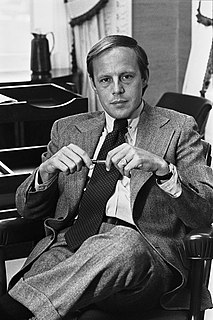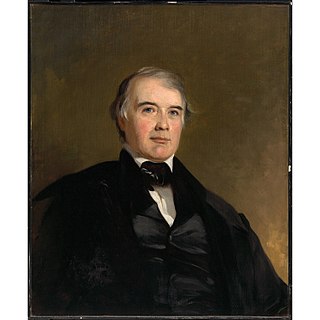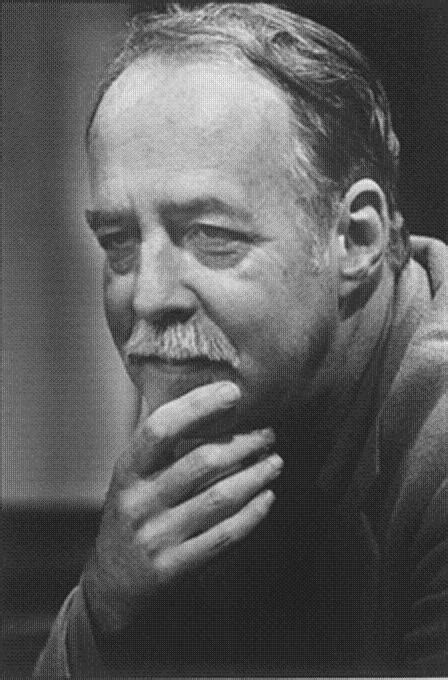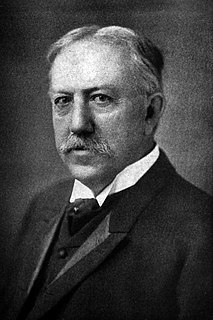A Quote by Johann Wolfgang von Goethe
Happy the man who early learns the wide chasm that lies between his wishes and his powers.
Related Quotes
Trump hasn't really done anything yet to abuse his powers. I don't even know if he knows what all his powers are as president. And that worries me. He will learn. After he learns how the presidency works, he could become much more dangerous, because his personality doesn't change. Once presidents find their powers, they don't give them up. They use them.
Believing with you that religion is a matter which lies solely between man and his God, that he owes account to none other for his faith or his worship, that the legislative powers of government reach actions only, and not opinions, I contemplate with sovereign reverence that act of the whole American people which declared that their legislature should 'make no law respecting an establishment of religion, or prohibiting the free exercise thereof,' thus building a wall of separation between church and State.
There is no telling what a human character is. Until the test comes. To most of us the test comes early in life. A man is confronted quite soon with the necessity to stand on his own feet, to face dangers and difficulties and to take his own line of dealing with them. It may be the straight way, it may be the crooked way --- whichever it is, a man usually learns early just what he is made of.
The man who succeeds above his fellows is the one who early in life, clearly discerns his object, and towards that object habitually directs his powers. Even genius itself is but fine observation strengthened by fixity of purpose. Every man who observes vigilantly and resolves steadfastly grows unconsciously into genius.
Every man is rich or poor according to the proportion between his desires and his enjoyments; any enlargement of wishes is therefore equally destructive to happiness with the diminution of possession, and he that teaches another to long for what he never shall obtain is no less an enemy to his quiet than if he had robbed him of part of his patrimony
The astronomer is, in some measure, independent of his fellow astronomer; he can wait in his observatory till the star he wishes to observe comes to his meridian; but the meteorologist has his observations bounded by a very limited horizon, and can do little without the aid of numerous observers furnishing him contemporaneous observations over a wide-extended area.






































